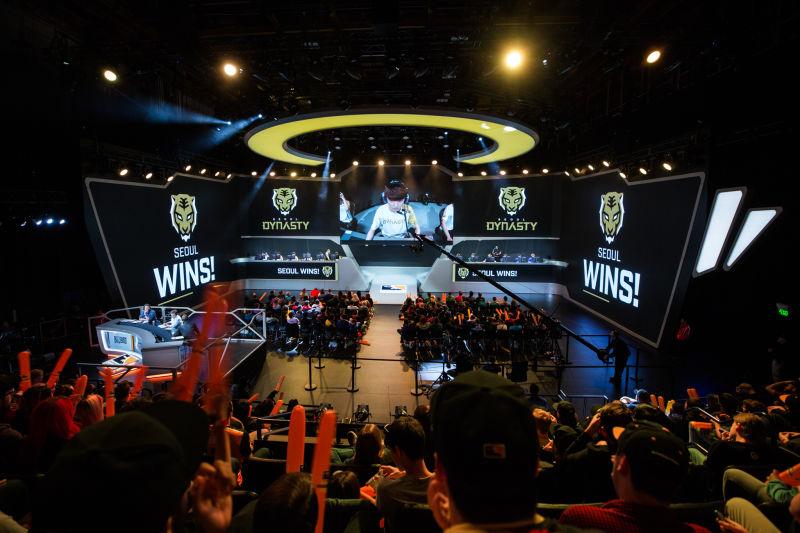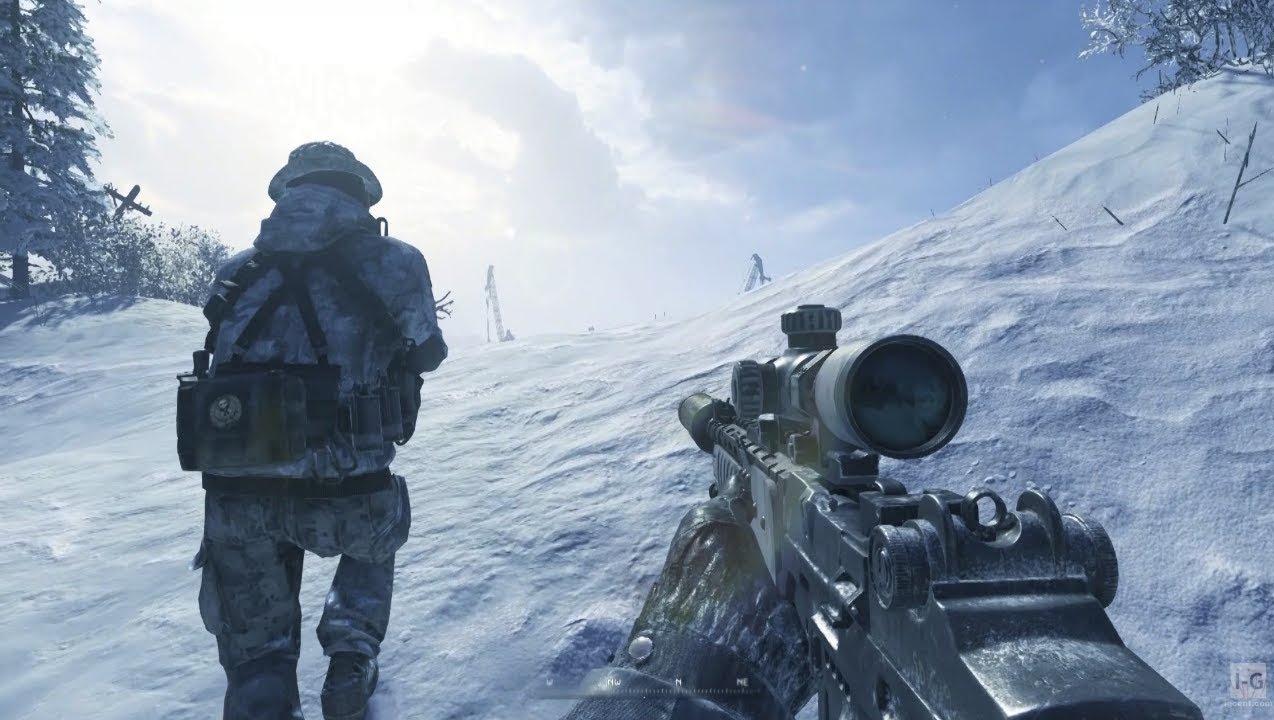
New OWL commissioner is bullish on league’s future despite obstacles
As interesting as the Overwatch League’s model is, the game hasn’t yet had the same impact as esports mainstays like CounterStrike: Global Offensive or League of Legends. Overwatch League CEO Pete Vlastelica says that hasn’t changed the company’s overall goals for the game.
In an interview with Sports Business Journal, Vlastelica talks about more about Activision Blizzard Esports Leagues’ plans to support a league model that increasingly resembles traditional sports.
One of its challenges will be to drive growth and value of its franchises. Some Overwatch League teams were founded with significant investments by billionaire sports owners including Robert Kraft.
For Vlastelica and Co., the primary goal is to help those investors recoup those costs.
The plan involves leveraging the current slate of homestead weekends. This program puts the action in front of thousands of in-person spectators who want to cheer on the players representing their cities.
These home games will happen more frequently for the 2020 season of Overwatch League.
Vlastelica, who now serves as Overwatch League’s commissioner, knows the approach needs to take broadcasting partnerships into account. The league partners with Twitch and ESPN right now, but its options remain open for the years ahead. The current partnership between Twitch and OWL expires at the end of 2019.
Overwatch League won’t look to fatten up on sponsorship contracts, either. Instead, the company wants to emphasize quality over quantity. This could be a wise move, or it could also be a bit of media savvy in covering up fluctuating levels of sponsor interest in the league.
OWL plans to work with brands in a variety of intersecting worlds. Technology and gaming brands will be a strong focus, but travel, food, and any other industry Activision Blizzard can benefit from strategically are also on the table.
Overwatch League’s third season is looking to be critical for its survival. Viewership is down compared to its first season, though Vlastelica remains optimistic that this could change by the time the grand finals come around.
“There does seem to be a trend in sort of the growth of viewership over the course of a stage,” he told ESPN. “We’ll see that in stage three and stage four.”
At the same time, Vlaestelica and the league have to kick the tires on recuperation strategies for the league’s various investors and team owners. The team has put that task almost entirely on its own shoulders, and that’s the least it could do for the folks who placed risky bets in the tens of millions on an unproven league with an uncertain future.
Recommended

Can a VPN really lower your game ping? Myths vs. reality
Do you really need it?

MrBeast takes action on Ava controversy, responds to allegations
MrBeast has launched a private probe.








